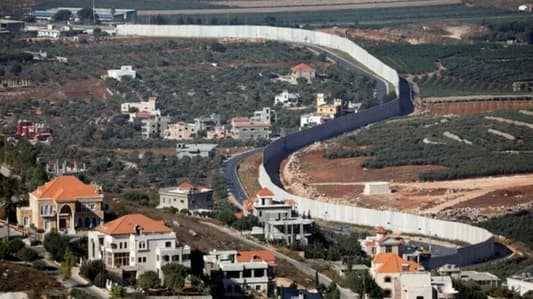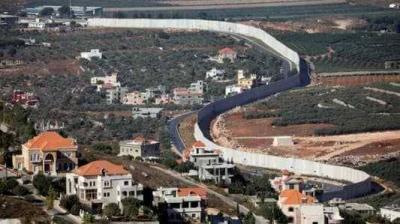Any close observer of the rapidly evolving military developments in southern Lebanon, as well as the political stances and nearly daily "Israeli" threats, might think that a broader war is imminent. However, a closer examination of the overall scene and its background reveals that there are three scenarios that things might lead to in the coming three months:
- **First Scenario**: There is no doubt that the scenario of a large-scale war is knocking strongly on Lebanon's doors again. The warnings and threats that have been unprecedentedly active in recent days are only evidence of increased war possibilities, which, according to sources familiar with Hezbollah's environment, have not yet exceeded 50%. The most notable revival of this potential came from the announcement of Israeli Prime Minister Benjamin Netanyahu giving instructions to the military to escalate strikes on Lebanon, in addition to what Channel 12 reported about Israel sending indirect messages that it will attack Lebanese territory. According to sources, "After the ceasefire plan proposed by U.S. President Joe Biden for Gaza, which Netanyahu cannot refuse for various reasons, although he might sabotage it in its second phase, there is great fear that the enemy's Prime Minister will resort to expanding the fighting in Lebanon, especially since everyone realizes that he has no interest in halting combat on all fronts, as that would mean the beginning of a phase of accountability and even trial for him." The sources add, "Following Hezbollah's significant escalation in operations in response to the enemy’s provocations, Netanyahu believes that he can justify his actions to the United States, claiming that Hezbollah is the one escalating and targeting settlements, forcing tens of thousands of settlers into shelters... thus the possibility of an 'Israeli' adventure in the south remains plausible."
- **Second Scenario**: The status quo continues as it is, both in Gaza and the south, with waves of new threats and warnings similar to previous ones. About this, sources state, "Hezbollah has grown accustomed to this strategy of engagement but has realized since the onset of the war that the only goal of the 'Israeli' threats is to halt the fighting, and consequently the support and assistance through the southern front. The enemy knows that provoking Hezbollah and engaging in an adventure in Lebanon poses an actual threat to the entire entity under current circumstances. Therefore, what did not deter Hezbollah previously will not deter it today." It is true that the party's military operations have significantly escalated lately, in line with the "Israeli" escalation targeting civilians, but despite this and the immense pressures exerted by settlers, Netanyahu acknowledges that provoking Hezbollah will be different, especially after receiving warnings from various parties that Iran will not allow the party to be isolated, and that engaging in a broad confrontation with it could drag the entire region into war. In addition, Washington has consistently opposed expanding the war with Lebanon, viewing what is happening as a draining process for Hezbollah that it supports until the end. Consequently, the factors driving it to exert significant pressure to conclude the war in Gaza are the same pressures preventing the expansion of war in Lebanon, notably Biden's insistence on conducting his presidential campaign amid a ceasefire in the Middle East, as otherwise, he might lose to his rival Donald Trump.
- **Third Scenario**: Netanyahu proceeds compelled by Biden's ceasefire plan, automatically applying it to Lebanon, with U.S. envoy Amos Hochstein returning to Beirut immediately upon the announcement of the ceasefire in Gaza. This aims to craft a final understanding of the situation in the south, which includes a return to the effective implementation of UN Resolution 1701 and the withdrawal of Israel from Lebanese territories still under occupation. This would lead Lebanon into a relatively long phase of stability on all levels, as it has become clear that security stability will automatically bring political stability and investment inflows, as Hochstein has previously promised.
In conclusion, it seems that June will be a pivotal month in the course of events in Lebanon and the region. Are we heading toward a long-term ceasefire or a major explosion? According to "Al-Diyar."




